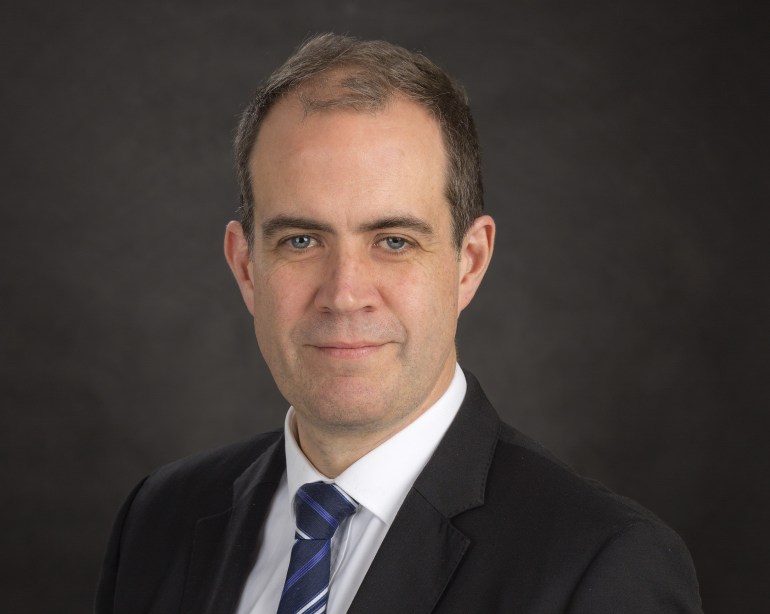David Anderson.
When David Anderson was appointed as the ABC’s director of television in March succeeding Richard Finlayson, he believed the level of first-run Australian content including drama was too low.
His first priority was to boost that volume across-the-board. Thanks to the restructuring orchestrated by ABC MD Michelle Guthrie, which entailed up to 200 redundancies among managers and other staff and the creation of a content fund for new ideas, Anderson is fulfilling that objective.
Guthrie told a Senate Estimates hearing last week the broadcaster aims to increase local content by at least 18 per cent this financial year.
“We are spending more money on content thanks to Michelle,” Anderson tells IF. “We recognise that as a public broadcaster our investment in content and our people is our strength.
“We are investing more right across the board – in arts, comedy and entertainment, children’s programming, drama and factual.”
Anderson, who has spent more than 25 years with the broadcaster in such roles as director, corporate strategy and planning, head of TV business and operations and national manager, TV production, acknowledges that successive federal budget cuts had taken its toll on the organisation.
“Off the back of the budget cuts it has been a tough time at the ABC and tough for a lot of people,” he said. “Reinvesting savings in more local content without having to ask the government for more money is a really good message to send and people within the ABC can see this happening. “
The ABC is already drawing on the Content Fund for some arts and comedy programs, yet to be named. The aim of the fund, worth $20 million this financial year and rising to $50 million by year 3, is to fund new ideas for shows which previously could not be pursued and which take a whole-of-ABC approach.
This year Anderson has departed from the usual Upfronts launch in favour of rolling out a series of announcements, which started with the arts slate earlier this month. After today’s unveiling of ABC Comedy he will reveal the children’s line-up in November followed by drama and factual in February.
When he took over Anderson recognised there were some shows, produced or acquired, which in his words were “not on message.” Tactfully he declines to name them but it is clear those programs were not renewed. “These days middle-of-the-road is just not good enough anymore. We have to consistently try new things and try to discover new talent,” he said.
While Anderson acknowledges all free-to-air broadcasters are under pressure from audience fragmentation he points out the commercial networks’ reach figures are falling faster than the ABC’s.
“The reach figures will continue to trend down,” he said. “I am not as alarmist as some. It’s still a big number. Increasingly people will turn to on-demand, and iview does very well.”
The ABC’s broadcast channels’ reach is holding steady at about 52 per cent of the population each week, while iview is at about 11 per cent. Third party platforms such as Facebook and YouTube are at 12 per cent, and are both growing.
The monthly cumulative reach is 84 per cent and Anderson says: “We want to turn that into the weekly figure.”
The ABC is working to improve the user interface of iview, organised around programs rather than individual episodes, and in the first half of next year the platform will deliver more personalisation.
Guthrie will soon unveil the next phase of the restructure which reportedly will see the content teams work across all platforms, ending the divisions between TV, radio, online and digital.
This will follow extensive consultation in the form of workshops for more than 2,000 of the ABC’s 4,000 staff, of whom 3,000 are classified as content makers.


